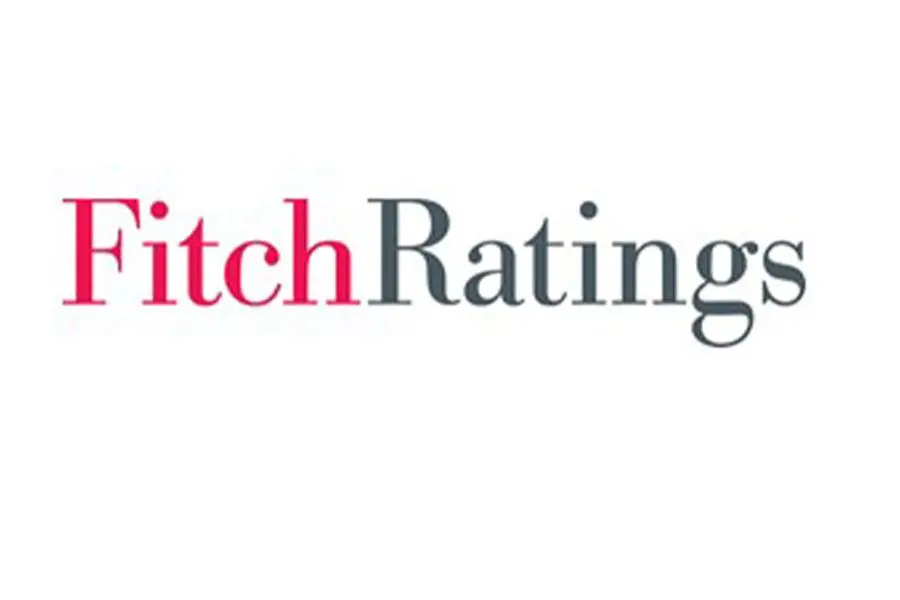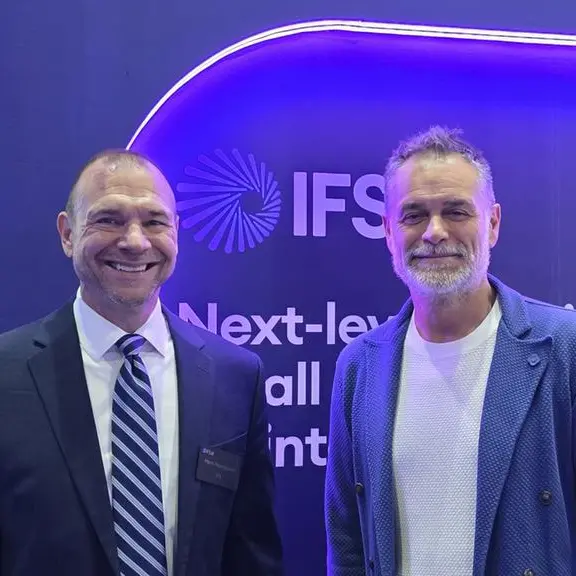PHOTO
Fitch Ratings has downgraded Wizz Air Holdings Plc's Long-Term Issuer Default Rating (IDR) and senior unsecured rating to 'BB+' from 'BBB-'. The Rating Outlook on the Long-Term IDR is Stable. The Recovery Rating (RR) on the senior unsecured notes is 'RR4'. Fitch has also downgraded the airline's Short-Term IDR to 'B' from 'F3'.
The downgrade reflects our expectation that Wizz Air's EBITDAR net leverage and EBITDAR fixed-charge coverage will not be consistent with the rating sensitivities for a 'BBB-' rating (below 2.0x and above 1.8x, respectively) during the forecast horizon of FY25-FY27 (the financial years ending March). The pace of deleveraging has been mainly affected by the larger and more prolonged impact from the Pratt & Whitney (P&W) engines issues than previously anticipated. Those issues resulted in a lower-than-expected capacity growth, a higher increase in costs and lower profit (not fully offset by P&W compensation) and, ultimately, a higher debt and leverage compared with our previous forecasts.
The Stable Outlook reflects our expectations of Fitch-defined EBITDAR margin at average 26%, which remains high compared with airlines peers, and our assessment of the company's deleveraging potential, driven by anticipated growth in profitability from new fleet additions and positive free cash flow (FCF) expected from FY26. The Outlook is also supported by the company's leading position in the Central and Eastern Europe (CEE) market, its competitive cost base with a young and fuel-efficient fleet and a solid liquidity position.
Key Rating Drivers
High Leverage Drives Downgrade: Wizz Air Holdings Plc's EBITDAR net leverage is expected to remain sustainably above the 2.0x threshold set for the previous 'BBB-' rating, driving the downgrade. We forecast this metric to average 3.4x in FY25-FY26, then fall below the new sensitivity of 3.0x for a 'BB+' rating in FY27. Net debt increase in FY24-FY25 is higher compared with our previous expectations, mainly due to a higher number of grounded aircraft and absence of its associated EBITDAR, and investments in spare engines to address P&W-related groundings. Without these engines, more aircrafts would have been grounded.
Moderate Deleverage Expected: We expect net debt to grow further with new deliveries and a higher share of finance leases, but we also expect a moderate deleveraging across the forecast horizon, supported by strong EBITDAR growth from new fleet additions and positive FCF, despite not operating at full capacity. From a business profile standpoint, we view positively the shift to a partially owned fleet model, facilitated by higher share of finance leases.
Weaker Coverage Metrics: We also expect a delay in the recovery of coverage metrics compared with our previous forecast for the same issues. Coverage metrics are projected to improve to about 1.7x by FY27 (average 1.6x in FY25-FY27), remaining below the 1.8x threshold for the 'BBB-' rating. This delay is mainly due to slower EBITDAR growth than in our previous forecast and increased debt service from higher-than-expected debt.
Increasing Visibility on P&W: Wizz Air had to ground more aircraft than expected due to GTF engine issues. We now forecast an average of 40-45 grounded aircraft over the next 18 months, peaking at 46 in September 2025, aligned with Wizz guidance. These groundings create capacity constraints, mitigated through new aircraft deliveries, lease extensions, wet leases and investment in spare engines.
Wizz Air receives compensation for direct grounding costs, but some indirect costs are not included and they penalise the operating cash flow generation. Negotiations for a new support package from P&W are underway as the current package expires in December 2024.
ASK Growth to Resume in FY26: Groundings have slowed growth in available seat kilometers (ASKs), which we expect to remain relatively flat year-on-year in FY25. From FY26, we forecast annual ASK growth of about 20%, based on new aircraft deliveries, higher aircraft utilisation and a gradual reduction of the grounded fleet. This is materially higher than what we see in the sector, also due to capacity constraints related to the production issues faced by The Boeing Company (BBB-/Negative), and could support the company's market positioning in the medium term.
Solid Revenue Management in Challenging Context: Despite flat capacity in FY25, revenue growth is supported by optimising operations and yield management. In 1H25 (April-September 2024), passenger numbers increased by 1% to 33.3 million, with a 92.3% load factor.
Daily fleet utilisation and on-time performance (OTP) metrics also improved. Active network management through reallocating the fleet away from the lowest profitable routes and the enhancement of the ancillary product portfolio have supported the yields. We expect mid-single-digit growth in RASK in FY25, despite milder demand and more aggressive competition.
Cost Pressure from Grounded Fleet: Grounded aircraft due to geared turbofan (GTF) engine issues had an impact on operating costs, not fully covered by P&W compensation. These costs include additional expenses from wet lease contracts, higher maintenance costs for older aircraft, and inefficiencies from a sub-optimal fleet mix. Persistent air traffic control challenges have also driven up crew costs and passenger compensation. We forecast double-digit growth in (ex-fuel) CASK in FY25, with a gradual decline, thereafter, though to a level above FY24.
EBITDAR Growth Expected: We forecast FY25 EBITDAR to increase to EUR1.4 billion (FY24: EUR0.95 billion), driven by a solid load factor, increasing yields and full year of P&W compensation, despite capacity constraints and higher CASK pressure. We expect annual EBITDAR growth of about 20% in FY26-FY27, resulting from additional capacity, although tempered by a mild decrease in yields in FY26 due to price pressure. We forecast EBITDAR margin to average 26%, which remains high compared with airlines peers, reflecting Wizz Air's competitive cost position.
EBITDAR growth is a fundamental driver of deleveraging, given our expectations that net adjusted debt will remain EUR5.1 billion-EUR5.4 billion in FY25-FY27.
Effective Management Strategy: We believe Wizz Air has the potential to deliver strong growth and profitability. However, we view its expansionary investments as aggressive, given a fleet expansion plan of over 310 aircrafts by 2032, which will more than double its fleet from 208 aircraft by end-FY24. This strategy creates execution challenges in scaling operations in existing bases and developing new routes, and exposes the company to exogenous shocks.
However, we acknowledge that the secured backlog is a competitive advantage in a moment when original equipment manufacturer's production is a long-term issue and annual fleet retirements rates are increasing.




















